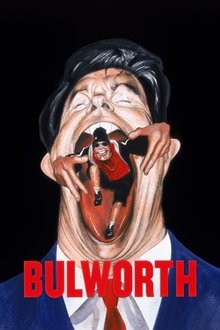Related Movies
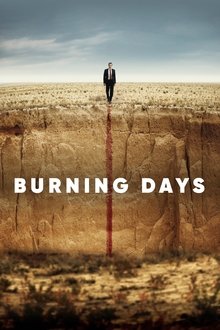
Burning Days (2022)
With the mayoral election approaching, the newly-appointed state prosecutor of a small town suffering from a water supply crisis gradually descends into trouble after a young local woman is raped.

Utøya: July 22 (2018)
A teenage girl fights for survival and to locate her young sister during the 2011 terrorist attack at a political summer camp on the Norwegian island of Utøya.

The devil rider (2013)
Choi Moon Bok is the Devil Rider, a messenger that's so fast that no enemy can catch him as he rides through their camps. During the years of the Manchu War, lords of the court gather to try and call upon scattered soldiers to mount a counterattack against the Manchu army. In order to do this they need a messenger that can ride fast and escape enemy hands. The Devil Rider is just the man but his wife is due to give birth on the night of his departure. He sacrifices being there with her to do his duty for his country. He manages to ride through the enemy, but it's all in vain. His wife dies in labor and the king has already signed peace negotiations with the Manchus. This story takes place 14 years after these events as a cunning and powerful woman named Seoyeon tries to enact revenge for her father's death. She needs the Devil Rider to carry out..
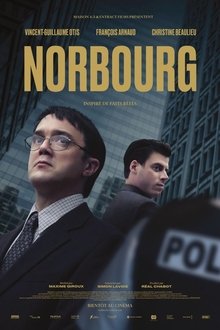
Norbourg (2022)
The story of Vincent Lacroix, a businessman convicted of defrauding thousands of investors and embezzling over $130 million in mid-2000s Quebec, Canada. Inspector and auditor Éric Asselin is mandated to monitor the activities of the Norbourg firm. Literally fascinated by the audacity of Vincent Lacroix, the investigator leaves his post and becomes his right hand man. Norbourg then thwarts the investigations and checks by embezzling hundreds of millions of dollars. But the party can't last forever when the company is surrounded from all sides.
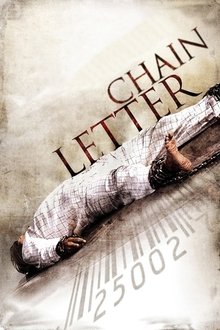
Chain Letter (2010)
Six friends receive a mysterious chain letter via text messaging and in their email accounts from a maniac who's hunting down teenagers who fail to forward his online chain letter. Who knew they should take the threats in the chain letter seriously? Or that chain letters using the teens' favorite technologies to track them can kill? This maniacal game pits friend against friend as they race to beat rules that seem impossible to escape. Break the chain, lose a life. Do you pass it on? Does friendship mean anything?

Holy Spider (2022)
A journalist descends into the dark underbelly of the Iranian holy city of Mashhad as she investigates the serial killings of sex workers by the so called "Spider Killer", who believes he is cleansing the streets of sinners.
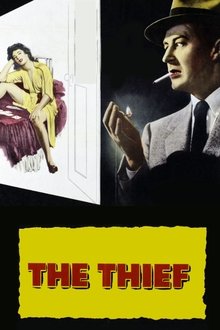
The Thief (1952)
A chance accident causes a nuclear physicist, who's selling top secret material to the Russians, to fall under FBI scrutiny and go on the run.
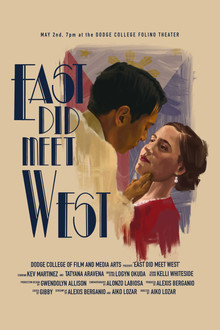
East Did Meet West (NaN)
Inspired by the 1930s court case Roldan vs. Los Angeles County, Filipino Salvador Roldan and English Marjorie Rogers must find a way to convince an attorney to fight for their marriage despite the anti-miscegenation laws of the time.
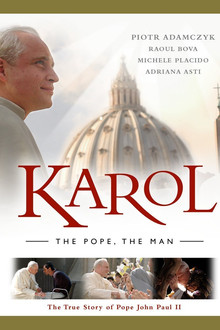
Karol: A Man Who Became Pope (2005)
The life of the pope John-Paul II, from his youth as a writer, actor, and athlete in war-torn occupied Poland to his election as Pope at the age of 58.

211 (2018)
Inspired by one of the longest and bloodiest real-life events in police history, Officer Mike Chandler and a young civilian passenger find themselves under-prepared and outgunned when fate puts them squarely in the crosshairs of a daring bank heist in progress by a fearless team of highly-trained and heavily-armed men.

Yuriko's Picture Book (2016)
Onodera Yuriko sets off for Sweden where her husband, Major General Onodera Makoto, is stationed as a military attache in Stockholm during World War II. Called the "god of intelligence", Makoto is an intelligence officer of the Russian service of the Japanese Army General Staff. Fluent in Russian and German and trusted by the spies of many countries because of his integrity, his office would eventually become the most important Japanese intelligence post in Europe. From the day of her arrival in Stockholm, Yuriko helps her husband's intelligence activities. She encrypts the highly classified information obtained by Makoto and sends it in coded telegrams to the General Staff Headquarters in Japan every day. Husband and wife have jointly undertaken this intelligence work for confidentiality.

Gie (2005)
Indonesian activist Soe Hok Gie experiences a political awakening during the tumultuous regimes of Soeharto and Soekarno.

A Beautiful Day in the Neighborhood (2019)
An award-winning cynical journalist, Lloyd Vogel, begrudgingly accepts an assignment to write an Esquire profile piece on the beloved television icon Fred Rogers. After his encounter with Rogers, Vogel's perspective on life is transformed.
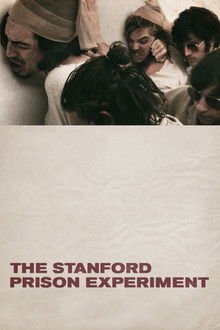
The Stanford Prison Experiment (2015)
In 1971, Stanford's Professor Philip Zimbardo conducts a controversial psychology experiment in which college students pretend to be either prisoners or guards, but the proceedings soon get out of hand. Based on a true story.

Lorelei: The Witch of the Pacific Ocean (2005)
A drama set during World War II where a submarine carrying a secret weapon attempts to stop a planned third atomic bombing of Japan. Based on Harutoshi Fukui's novel Shuusen no Lorelei.
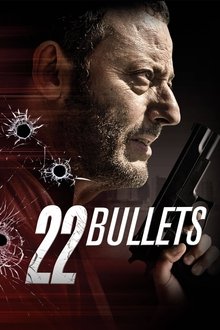
22 Bullets (2010)
A retired mobster goes on a revenge spree after being left for dead with 22 bullets in his body by his former childhood friend.
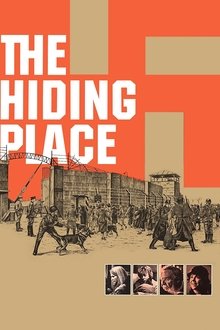
The Hiding Place (1975)
Corrie and Betsie ten Boom are middle-aged sisters working in their father's watchmaker shop in pre-World War II Holland. Their uneventful lives are disrupted with the coming of the Nazis. Suspected of hiding Jews and caught breaking rationing rules, they are sent to a concentration camp, where their Christian faith keeps them from despair and bitterness.
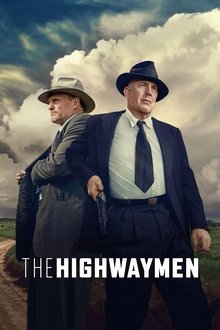
The Highwaymen (2019)
In 1934, Frank Hamer and Manny Gault, two former Texas Rangers, are commissioned to put an end to the wave of vicious crimes perpetrated by Bonnie Parker and Clyde Barrow, a notorious duo of infamous robbers and cold-blooded killers who nevertheless are worshiped by the public.

Chariots of Fire (1981)
In the class-obsessed and religiously divided UK of the early 1920s, two determined young runners train for the 1924 Paris Olympics. Eric Liddell, a devout Christian born to Scottish missionaries in China, sees running as part of his worship of God's glory and refuses to train or compete on the Sabbath. Harold Abrahams overcomes anti-Semitism and class bias, but neglects his beloved sweetheart in his single-minded quest.
